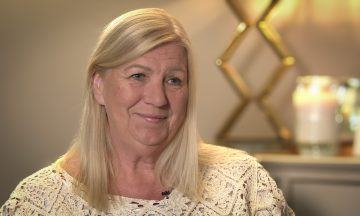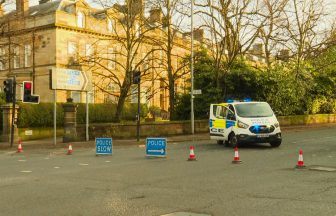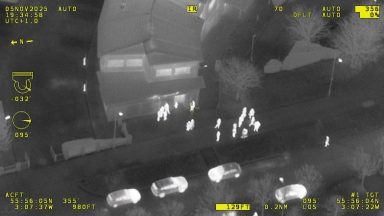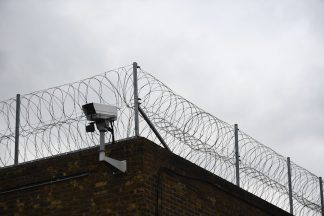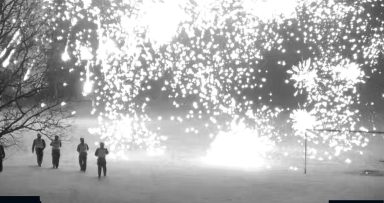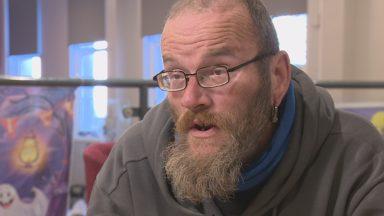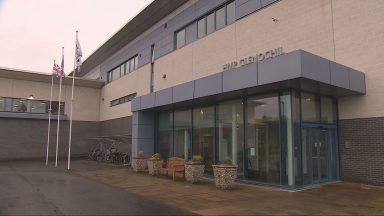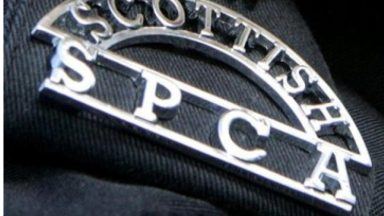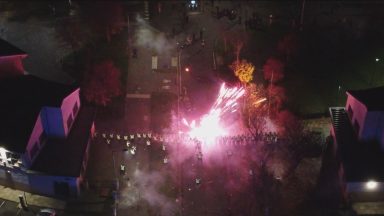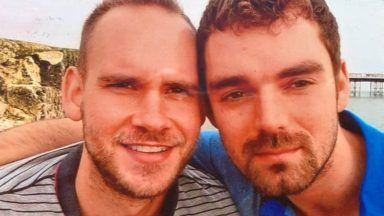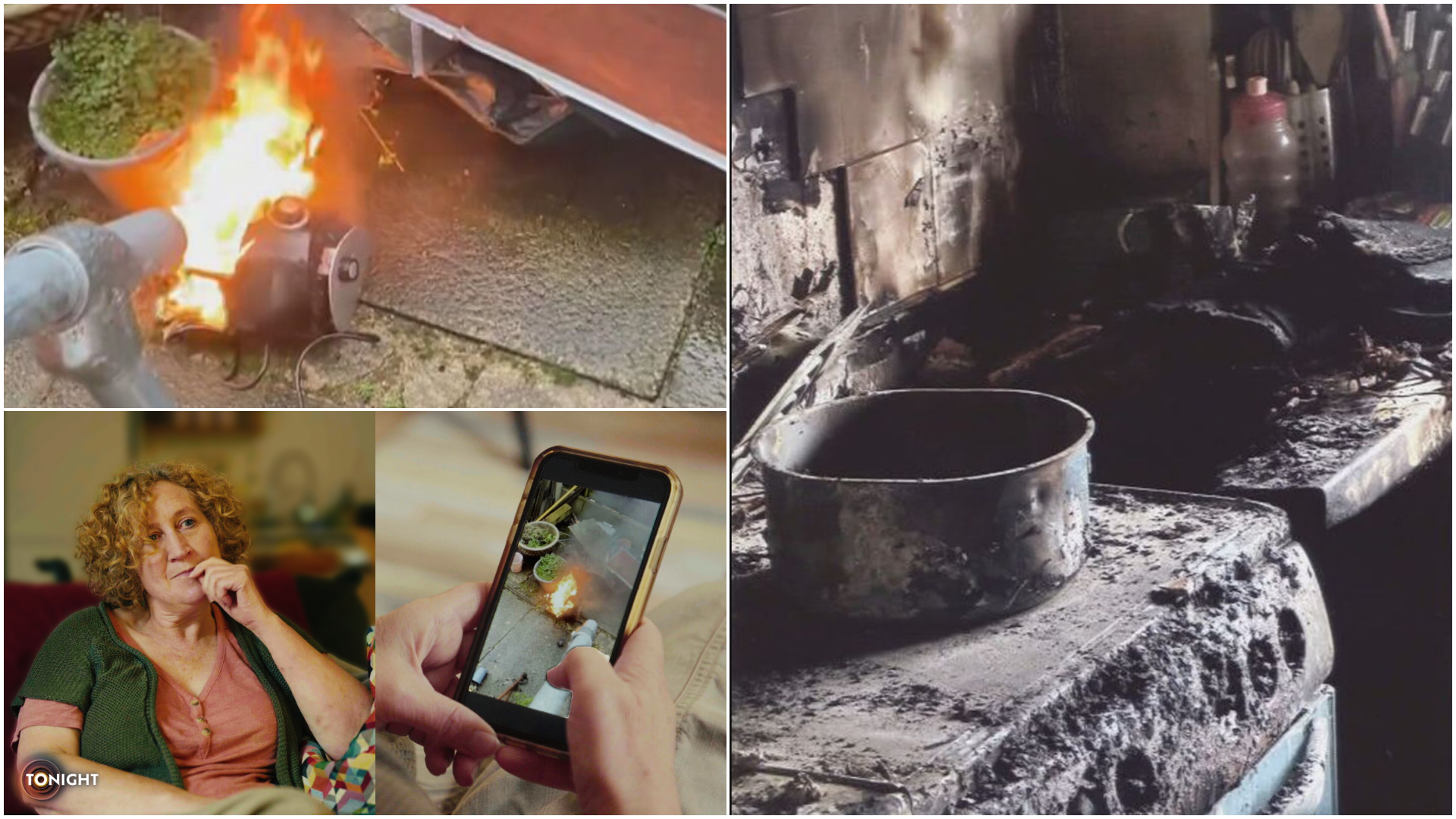The number of young people in Scotland assessed as vulnerable to violent extremism has risen by nearly half in the space of a year.
In the year ending March 31, there were 162 referrals to Scotland’s terrorism prevention scheme – a 42% increase compared to 114 the previous year and the highest since 2019.
Statistics released show an increase in the number of youths being referred for extreme right-wing ideas, among other forms of violent extremism and terrorism.
Prevent is a strand of the UK Government’s Counter-Terrorist Strategy, and aims to “stop people becoming terrorists or supporting terrorism”.
Following screening and assessment, referrals may be passed to a Prevent Multi-Agency panel (PMAP), where a risk of radicalisation exists.
Referrals come from a wide range of sources including teachers, doctors and emergency service workers.
The key stats on referrals to Prevent in Scotland
- A total of 94 referrals were deemed suitable for management, while 63 were deemed unsuitable.
- 50 cases required no further action, 13 were referred onwards, and five are still being assessed.
- The number of referrals passed to PMAP level has increased to 57% this year, up from 49% last year.
- 89% of referrals were for males, 10% for females and 1% for transgender males.
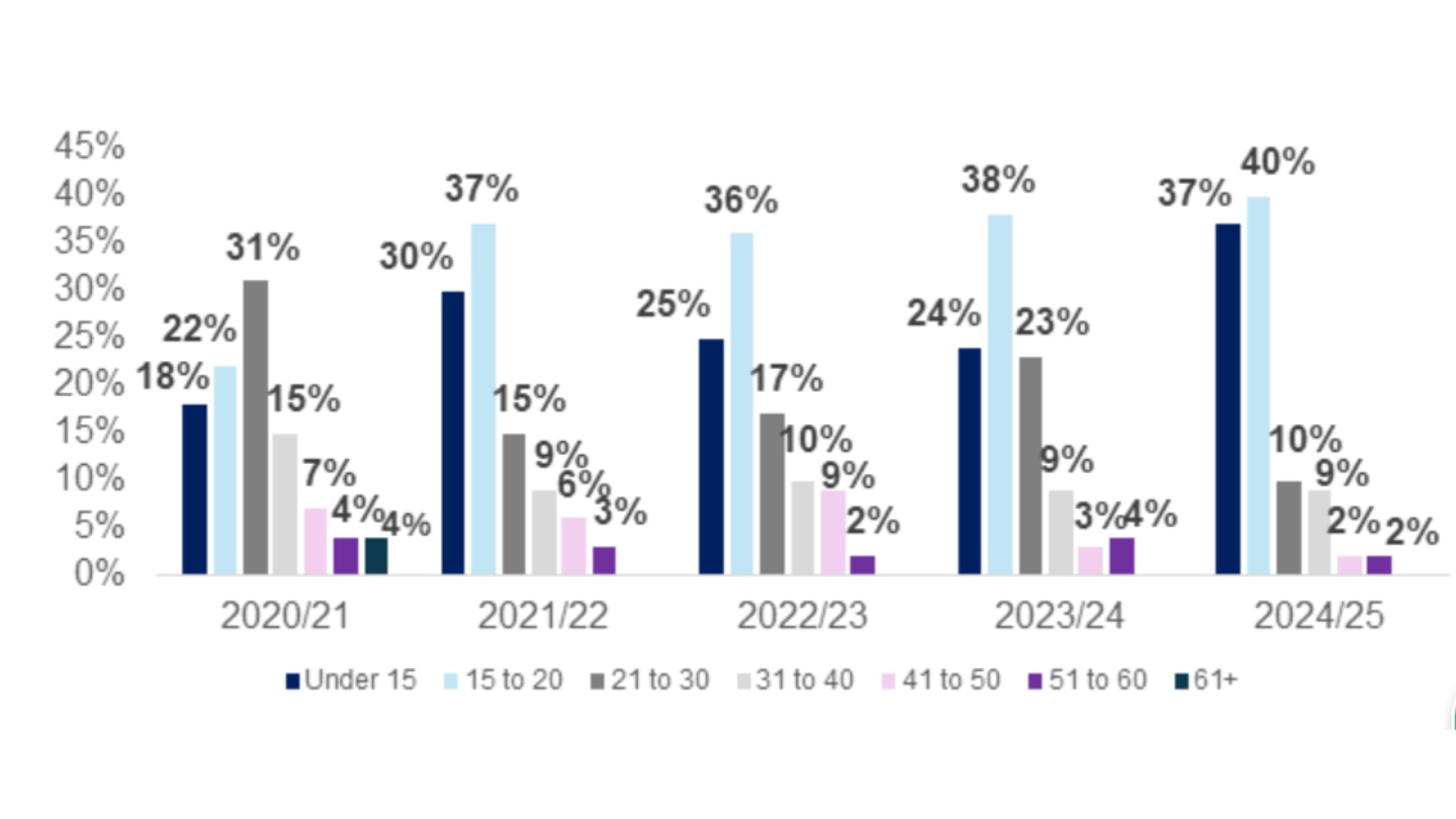 Police Scotland
Police Scotland- Those aged 15 to 20 accounted for 40%, while those under 15 accounted for 37%.
- Extreme right-wing concerns accounted for the highest proportion of referrals at 38%.
- 46 referrals were made from secondary schools, six from primary schools, five from further education and colleges, and four from universities.
- 15 were made from local authorities, including from social workers and local councils.
- No individuals were referred more than once, but six had been referred in a previous year.
- No referrals were submitted by family members – the first time since 2022.
What happens when an individual is assessed?
Police Scotland now utilises 16 categories under Prevent, after the release of guidelines by the Home Office.
These include extreme right-wing, Islamist extremism, left-wing extremism, fascination with extreme violence or mass casualty attacks and incel extremism.
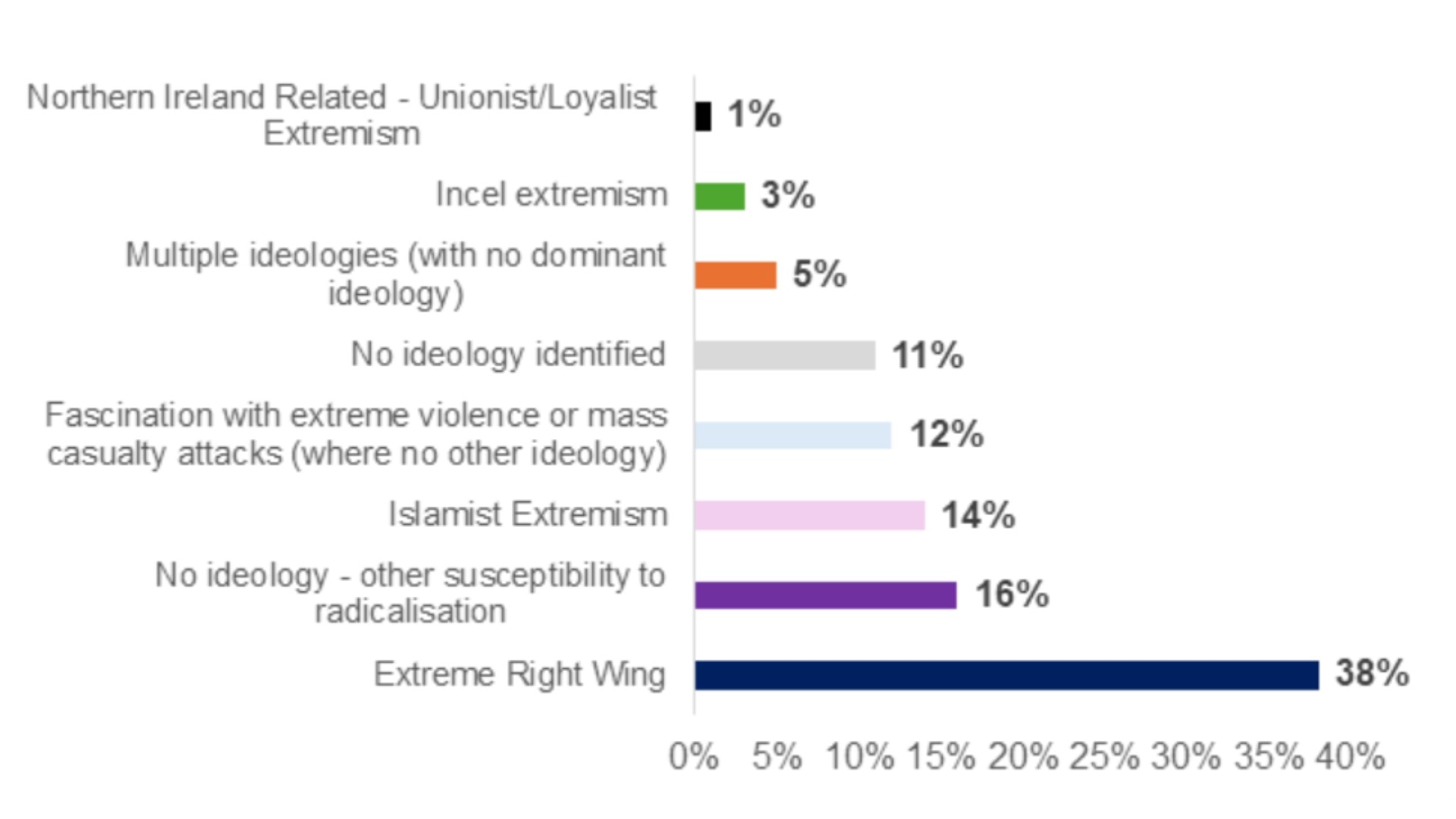 Police Scotland
Police ScotlandOther religious extremisms and ideologies motivated by extremist interpretations of religion are also covered.
Support for those concerned may involve signposting the individual to other professionals and may also include an opportunity to engage with a Home Office-approved Intervention Provider (IP).
They aim to provide a counter-narrative to challenge the ideology held by the individual.
There are also efforts made to identify their broader support needs and provide access to mainstream support services.
Police Scotland says the data shows Prevent is working and that more people are happy to come forward and speak about concerns.
The Home Office and the Scottish Government have been contacted for comment.
Follow STV News on WhatsApp
Scan the QR code on your mobile device for all the latest news from around the country


 iStock
iStock

